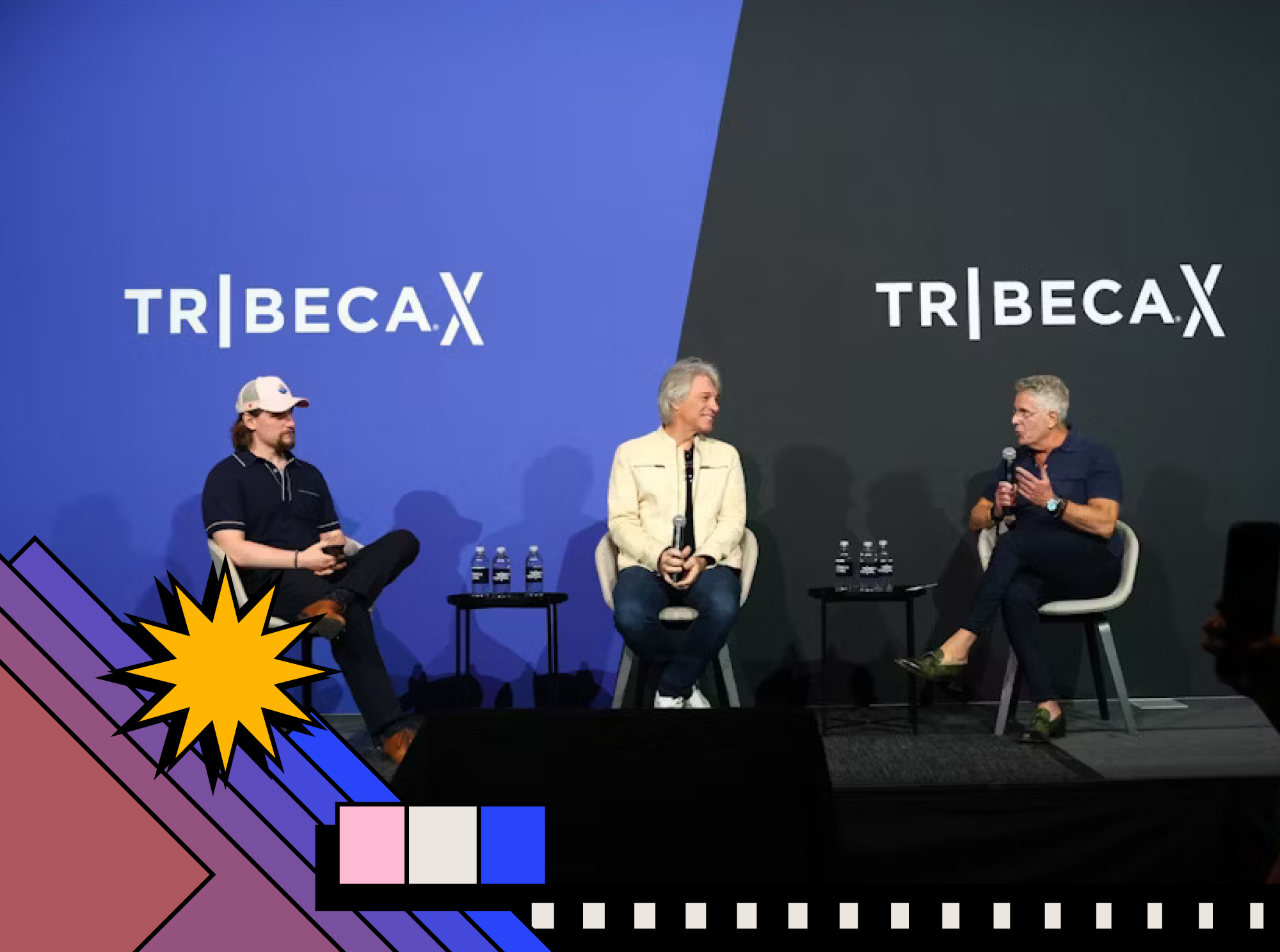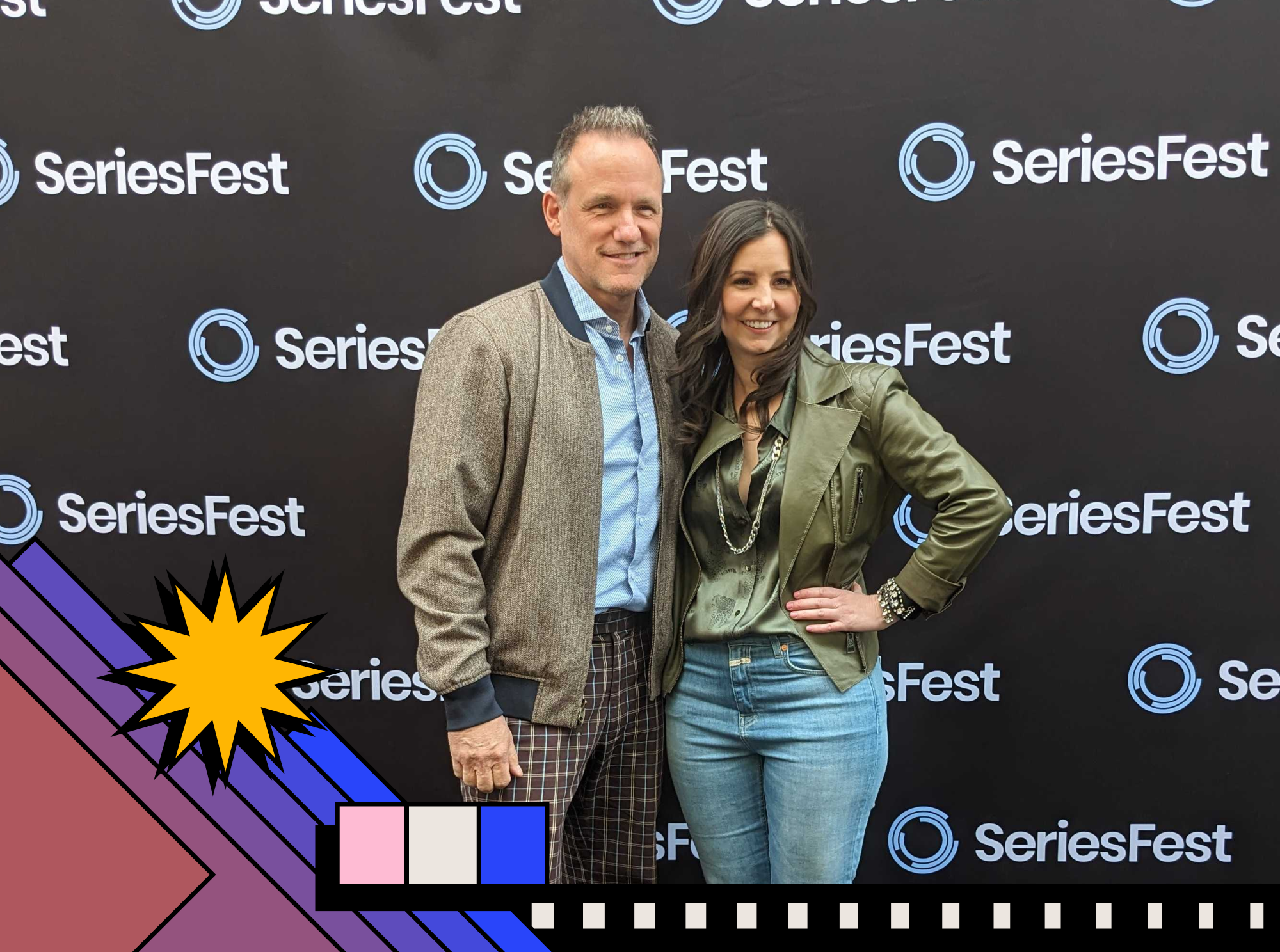The Future of Festivals is Virtual
With the pandemic approaching month 12 in its reign over in-person gatherings, the memory of in-person festivals lived and died with last year’s Sundance edition as the only major film festival in the U.S. for all of 2020. Although the memories of traveling to Park City in the blistering cold are not lost, they may as well be forgotten! The new virtual version of Sundance provides a reimagined vision of collective honor for content. While Sundance is not the first festival to host its events online, it has succeeded in providing a case study for the rest of the major film festival market: virtual film festivals work, period. The decentralization of films and projects provides a bigger market, casts a wider net, and opens unlimited possibilities for independent filmmakers and brand partners alike. For those who could not be in Park City, UT this year, Sundance brought it to them.
The VR wave is here to stay
This year’s festival not only exercised virtual reality to enhance the Sundance experience but the programming also showcased an impressive level of VR film content. Between the interactive bars with personalized avatars and immersive cinema experiences, the utilization of virtual reality in the festival experience has far exceeded the expectations provided by its predecessor of video gaming. Series ‘4 Feet High,’ directed by Argentinian director María Belén Poncio utilized 360-degree video to bring audiences into the unique perspective of her lead character! This method of storytelling has derived a new level of creative process from directors that is impossible to ignore. Throughout the history of filmmaking, certain milestones have etched their mark into the pages of production, providing standards for creatives today. In 1894, it was color film. In 1996, it was digital cinematography. In 2021, it’s VR.
Web Series are the new kings of short form content
In a society driven by content consumption, the web series format has carved a new avenue as a standard format for filmmakers in the festival space. Among an impressive lineup, the series ‘Would You Rather’ created by Lise Akoka captivates audiences with its four lead characters and thought provoking dialogue…all in less than 10 minute episodes. While the premise of teen exploration throughout adolescence is not new, the formula it follows innovates the old way of short format storytelling. While short films still are the bread and butter of short form content, web series are the new trains to catch.
Diversity is at an all-time high
When it comes to media, the conversation surrounding diversity has always been a relevant one. Fortunately, with each passing year, the talent on and off screens has become more diverse and representative of the world we live in. Following suit, this year’s programming provided an astounding level of female, queer, and POC driven stories, touching on topics ranging from bodily integrity, sexuality, and gender identity. 50% of the 140 projects in the festival lineup were directed by women, 51% were directed by one or more artists of color and 15% were directed by one or more LGBTQ+ identifying individuals. At the third annual Canada Goose x IndieWire ‘Female Filmmakers’ talk, taken virtual this year in the form of a Zoom “dinner,” the all women panel of directors discussed in detail the positively, staggering statistics of this year’s lineup that set Sundance apart. CODA director Sian Heder brought the best soundbite of the evening saying, “We are half the stories that need to be told.”
This is the year of first-timers
More than half of Sundance programming featured first time directors, proving that despite the challenges the industry faced amid a pandemic and halted production, content still found a way to thrive. More than half of the 2021 feature film slate were by first-time feature filmmakers, with 92% of the lineup being world premieres. For career starters, this year’s festival provided much needed hope amid a pandemic plagued industry. The Grand Jury Prize and coveted Audience Award went to Director, Ahmir “Questlove” Thompson for his auspicious directorial debut documentary ‘Summer of Soul (…Or When The Revolution Could Not Be Televised.) During her Cinema Café conversation, Robin Wright eloquently answered Lindsay Bahr’s question of “How did you know you were ready to begin directing feature films?” with a succinct yet powerful statement that should resonate with contemplative filmmakers everywhere. Her answer: “I always knew.”




